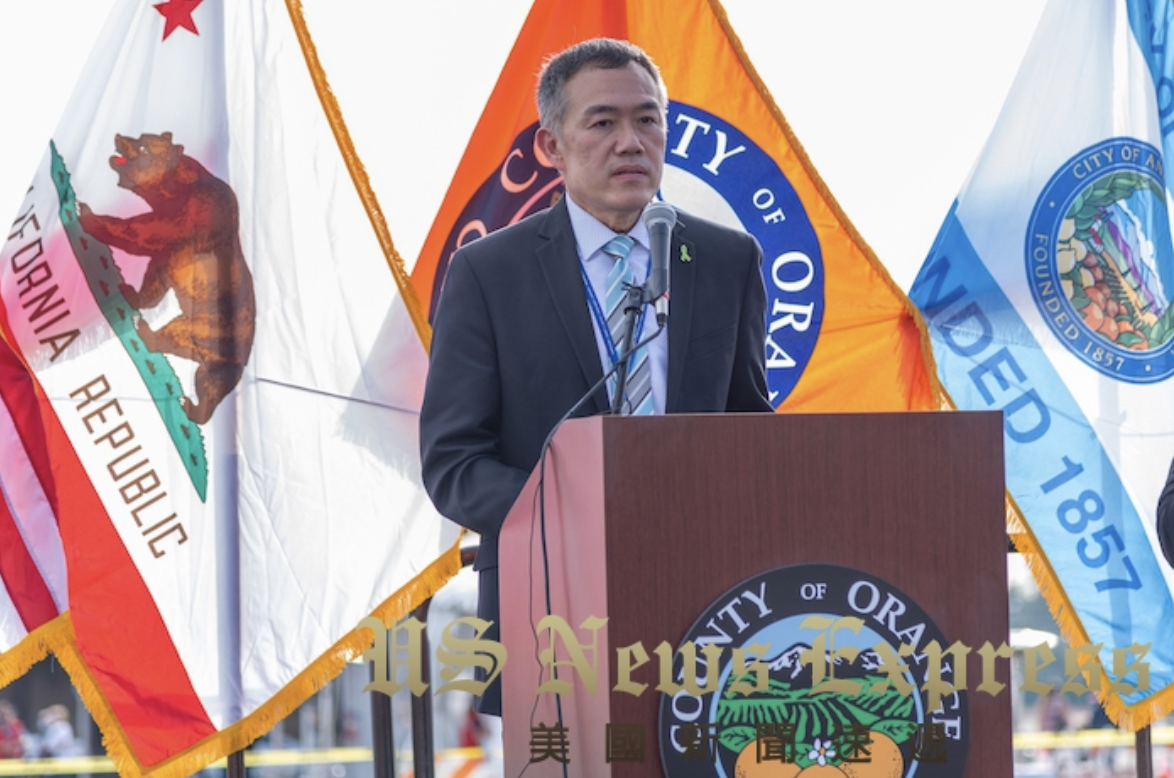(Santa Ana, CA) – The OC Health Care Agency (HCA) continues to encourage vaccinations among unvaccinated Orange County residents as the percentage of eligible residents who are fully vaccinated nears 70%. The Centers for Disease Control and Prevention’s (CDC) COVID Data Tracker reports that 69.8% of eligible OC residents are now fully vaccinated, with 79.3% having received at least one dose of vaccine as of September 14.
“We are encouraged by seeing more people getting vaccinated in Orange County, but there is still work to be done in reaching our most hard-to-reach communities,” says Dr. Clayton Chau, HCA Director and County Health Officer. “We’re fortunate to have ample vaccine inventory and extensive vaccination locations throughout Orange County at medical providers, retail pharmacies and community clinics, allowing HCA efforts to focus on our most vulnerable population.”
Dr. Chau encourages everyone who has not yet received their initial vaccine series to visit any local pharmacy or healthcare provider, or go online to Vaccines.gov, MyTurn.ca.gov or Othena.com, to schedule a vaccination appointment. For more details, visit https://occovid19.ochealthinfo.com/covid-19-vaccine-distribution-channels.

Between September 9 and September 15, the seven-day average case rate dropped from 14.8 to 12 per 100,000 people, with the average number of daily COVID-19 cases declining from 478 to 389. The positivity rate also decreased from 4.9 to 4.6 percent, hospitalizations from 426 to 371 per day, and ICU admissions from 130 to 102 per day. Orange County COVID-19 case counts and testing figures are updated daily, Monday through Friday, at occovid19.ochealthinfo.com/coronavirus-in-oc.
“Our cases may be declining, but now is not the time to relax,” says Dr. Margaret Bredehoft, Deputy Agency Director for HCA’s Public Health Services. “While getting vaccinated is the most important step to avoid getting sick or hospitalized with COVID-19, it is also critical that we protect children who are not yet eligible for a vaccination, as well as individuals who are immune compromised, at increased risk of severe disease, and not fully vaccinated. This means wearing a mask indoors, avoiding crowds, maintaining physical distancing, and washing hands regularly.”
Dr. Bredehoft adds that it is also important to adhere to the State’s guidance in K-12 school settings. Parents can visit the State’s Safe Schools for All Hub at https://schools.covid19.ca.gov/ to find key resources and information related to COVID-19 and schools, including a parent portal as well as answers to frequently asked questions about K-12 school guidance.
Prioritization of Monoclonal Antibody Treatment for COVID-19
According to the National Institute of Health (NIH), due to logistical constraints and shortages, monoclonal antibodies are being prioritized for the treatment of COVID-19 over the prevention (post-exposure prophylaxis) of COVID-19 infection. Furthermore, the following groups are prioritized over vaccinated individuals who are expected to have mounted an adequate immune response:
- Unvaccinated or incompletely vaccinated individuals who are at high risk of progressing to severe COVID-19
- Vaccinated individuals who are not expected to mount an adequate immune response (e.g., immunocompromised individuals).
“Since monoclonal antibodies were first authorized by the FDA, demand for this treatment has increased 20-fold,” says Dr. Regina Chinsio-Kwong, Deputy County Health Officer. “Given supply shortages, individuals seeking this treatment must realize that treatment will be limited to higher risk individuals. Providers are advised to follow NIH guidance, prioritizing individuals who are at highest risk for severe COVID-19. Please know that monoclonal antibody treatment is not a substitute for vaccination against COVID-19 and is not authorized for use in hospitalized patients. The most effective way to prevent COVID-19 is to get vaccinated.”
For more information on monoclonal antibody therapy, please visit https://occovid19.ochealthinfo.com/monoclonal-antibody-therapy.
For more information on additional doses for individuals who are moderately to severely immune compromised, please visit https://www.cdc.gov/coronavirus/2019-ncov/vaccines/recommendations/immuno.html.





















